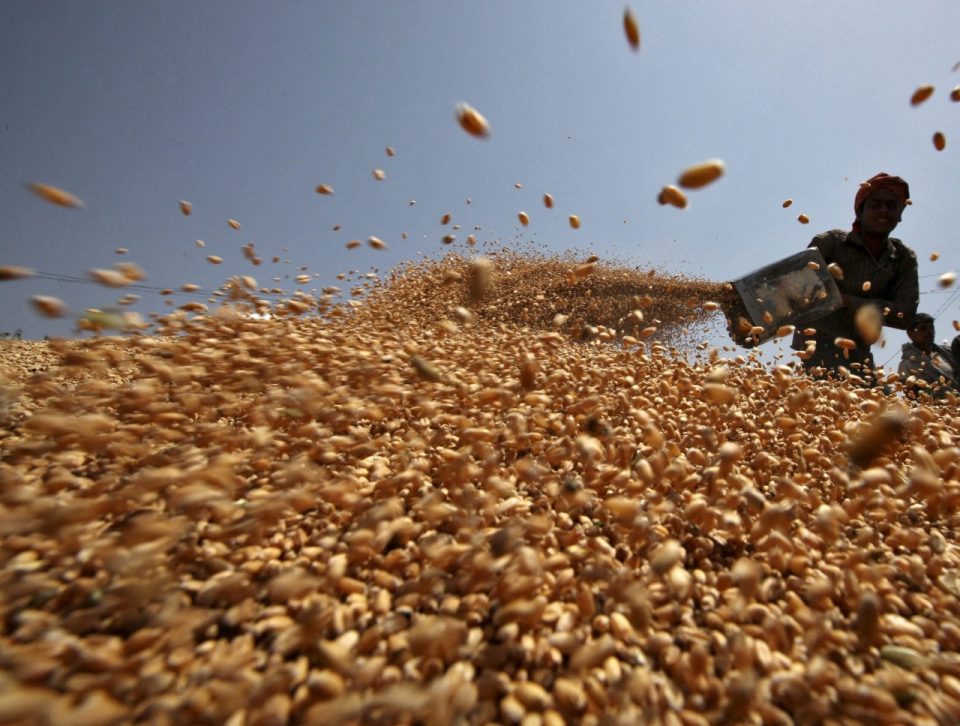The government has decided to impose limitations on the export of wheat flour to stop the rise in the commodity’s price. The revisions to the policy regarding wheat exports were agreed on Thursday by the Cabinet Committee on Economic Affairs, which is presided over by Prime Minister Narendra Modi. The exemptions for wheat or meslin flour from export limitations or bans were also abolished. According to the press release from the Ministry of Commerce and Industry, the Director General of Foreign Trade (DGFT) will issue a notification to this effect soon. According to the press release, “The approval will now allow setting a restriction on the export of Wheat Flour, which would ensure a check on rising wheat flour costs and safeguard food security of the most vulnerable elements of the community.”
The change to the export regulations comes months after India forbade wheat export amid a rise in the price of grain on local markets because of the war between Russia and Ukraine. The choice was made to safeguard India’s 1.4 billion people’s access to food.
According to the ministry’s press statement, it was previously policy not to forbid or restrict the export of wheat flour. To ensure food security and control the nation’s rising wheat flour costs, a partial policy change was necessary. This was done by removing the exemption from the prohibition or limits on the export of wheat flour.
Most of the world’s wheat exports, or about one-fourth, come from Russia and Ukraine. Their dispute disrupted the worldwide wheat supply system, raising demand for Indian wheat.
Due to the ban on wheat exports, there is a higher demand for wheat flour in foreign markets, and between April and July 2022 and 2021, exports from India will grow by 200per cent.





